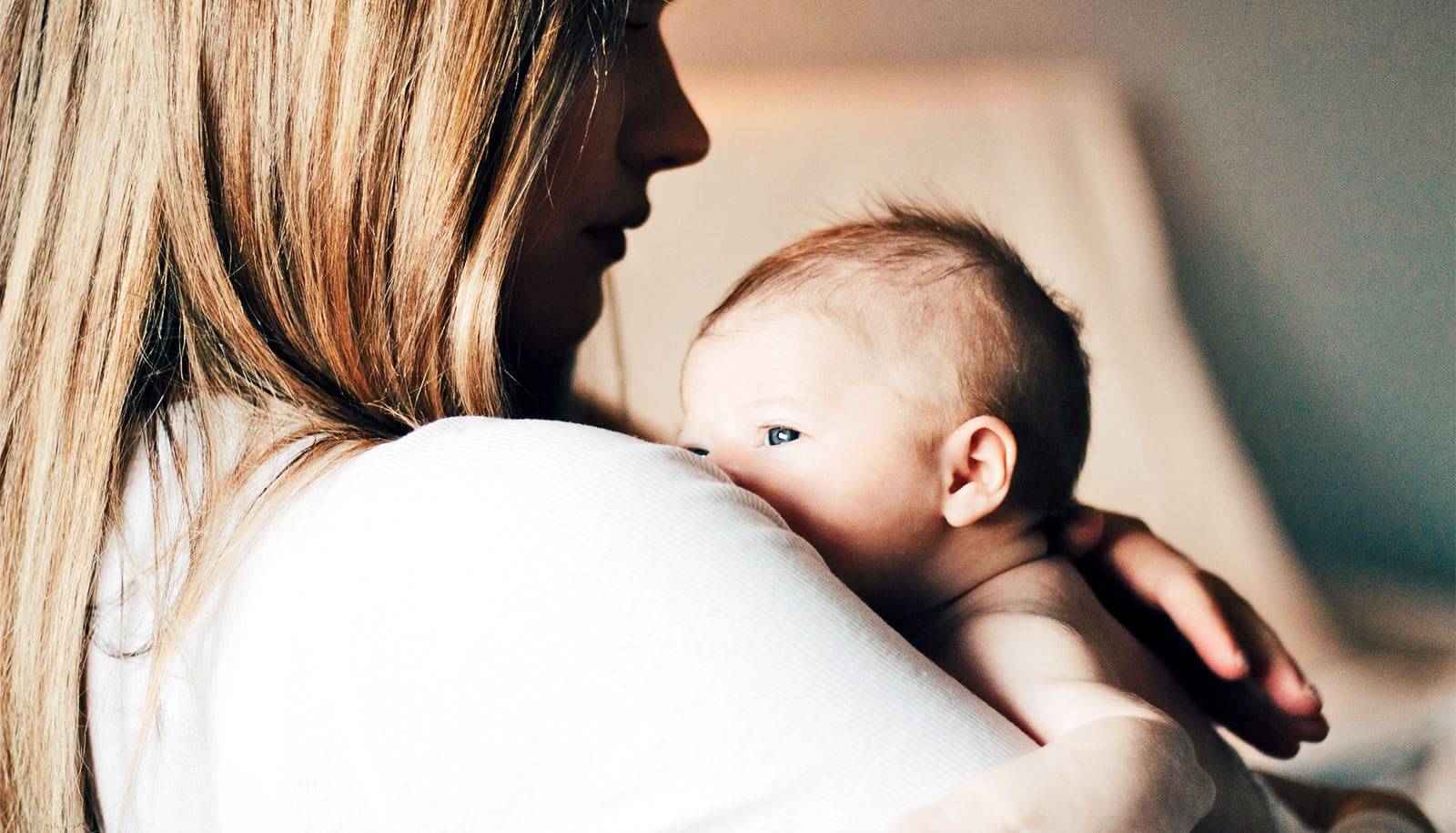Infants have new protections against respiratory syncytial virus, but for now, availability is limited. Here, experts brings you up to speed on what you need to know about the new pediatric RSV immunizations.
Respiratory syncytial virus (RSV) is a major cause of illness in young children and is the leading reason why infants are hospitalized. Until recently, this viral infection was difficult to prevent or treat.
Now, two new effective prevention methods are available. The first is nirsevimab, which is approved and recommended for infants 0-8 months old and select older infants with certain high risk conditions. The second is a new immunization available for pregnant patients, called Abrysvo, which leads to a 57% decrease in the chance of infant hospitalization due to RSV.
Availability of nirsevimab is limited, and newborn children staying in NICUs currently have priority for receiving the immunization. Abrysvo is more widely available at obstetrician offices and local Walgreens pharmacies.
But, how do the immunizations work? And are they safe and effective?
Here, Mary Casert and Jennifer Nayak, both infectious disease experts at the University of Rochester Medical Center, provide insight on how they will benefit newborns:
Source: University of Rochester
Author Profile
- "Center" Bias Rating
- Futurity is a nonprofit website that aggregates news articles about scientific research conducted at prominent universities in the United States, the United Kingdom, Canada, Europe, Asia, and Australia. It is hosted and edited by the University of Rochester.





